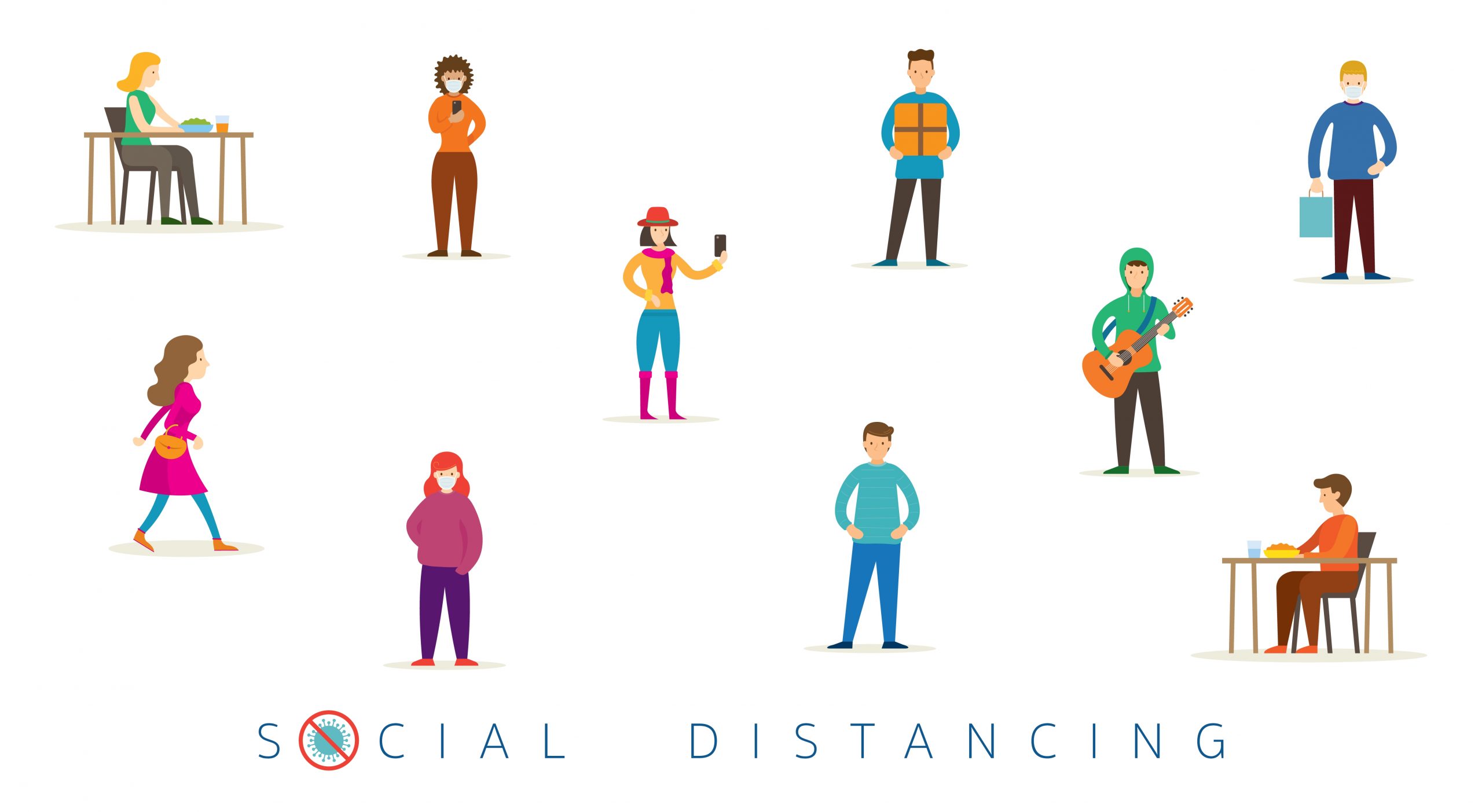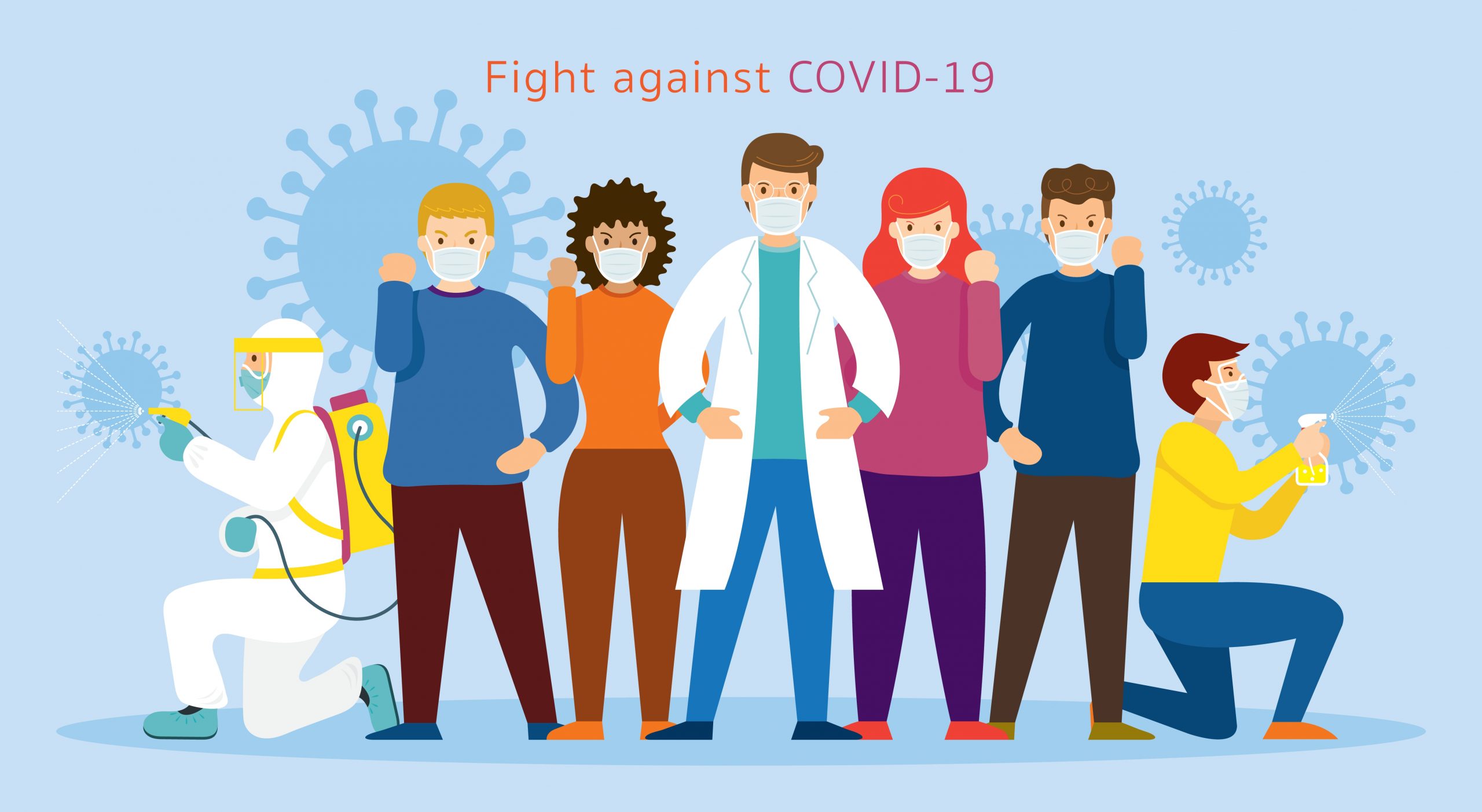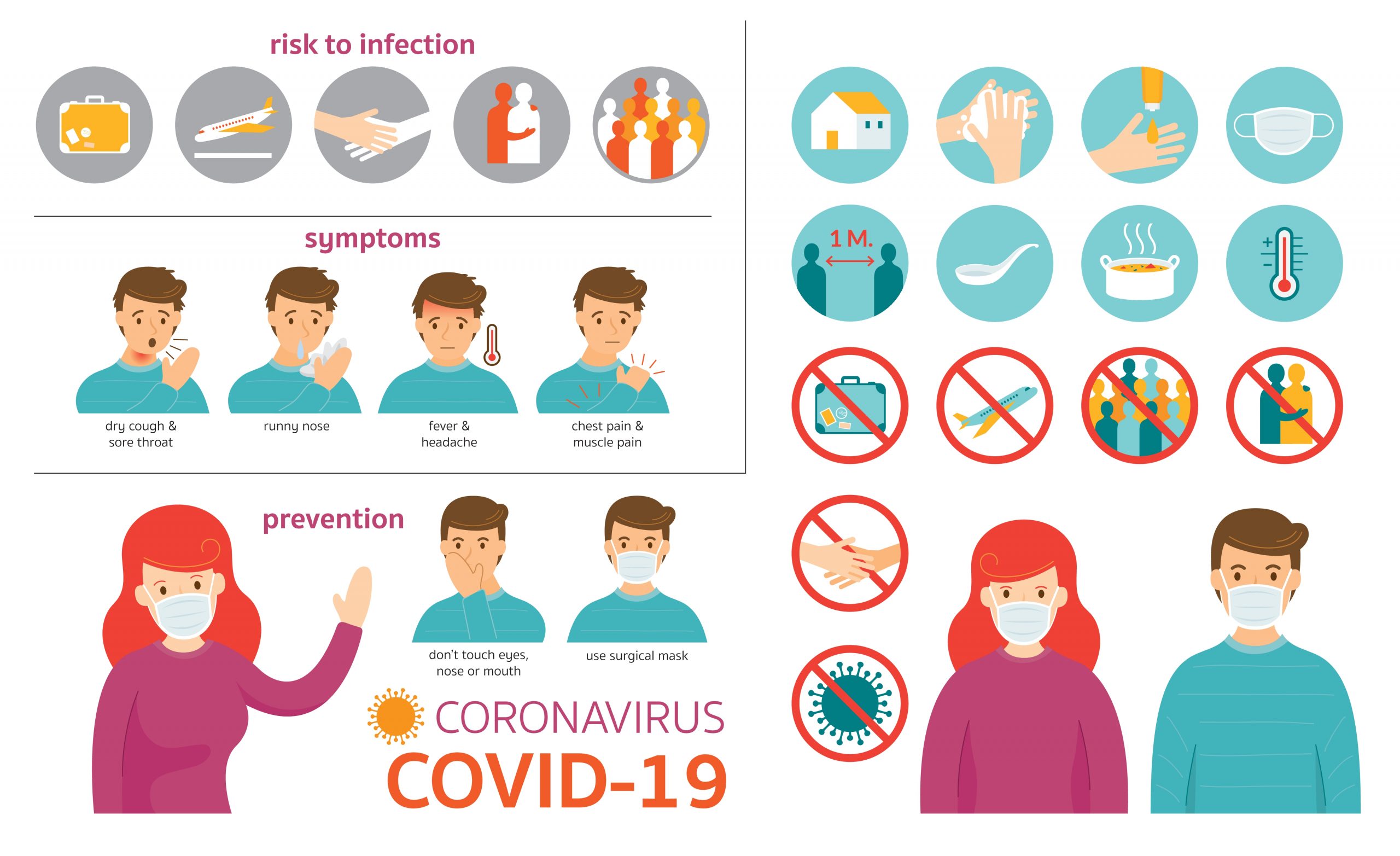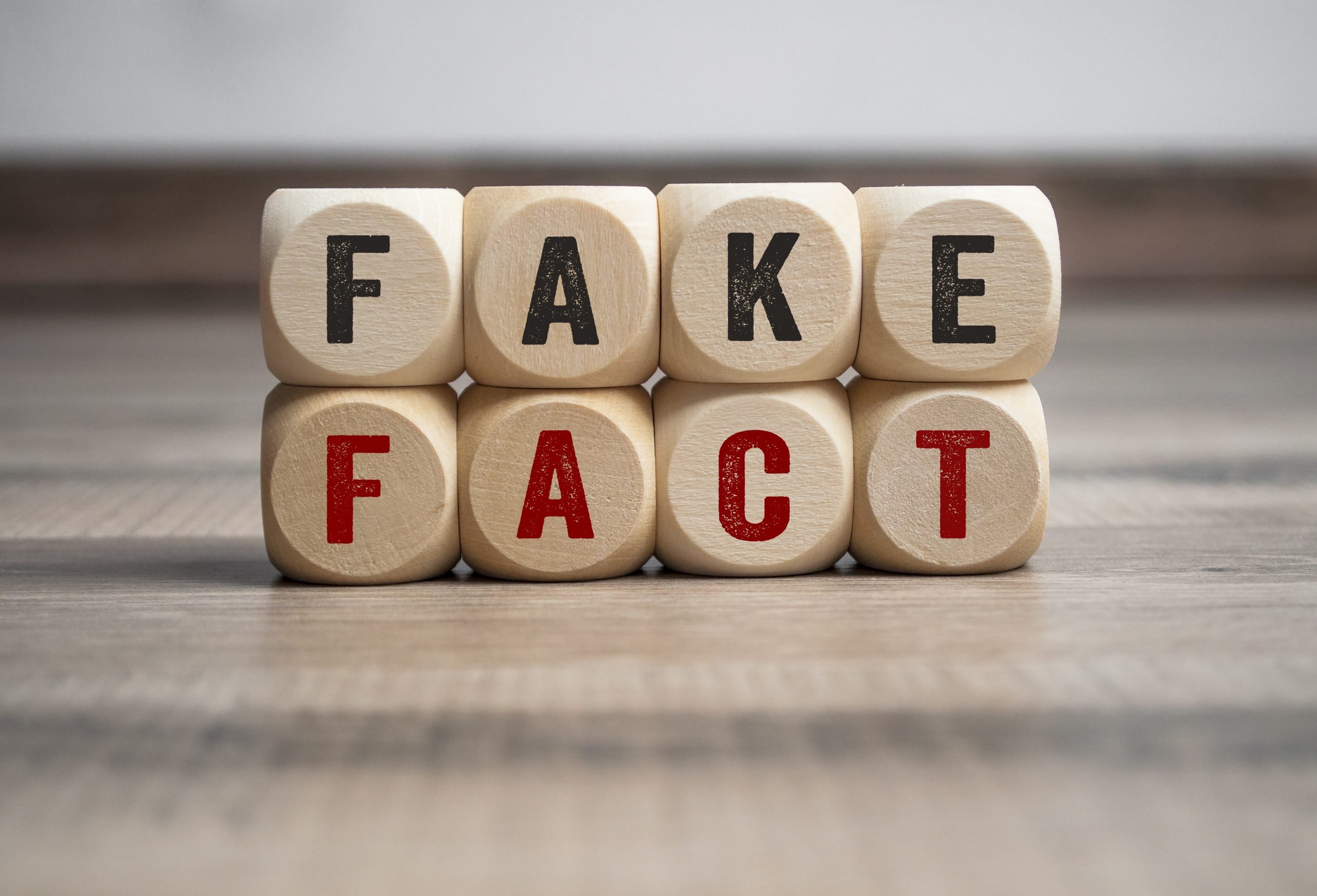
Fighting the Covid-19 Infodemic
Access to reliable information, particularly on matters of public health, and verified related news coverage are essential at any time – and, in particular, when facing an unprecedented global crisis caused by the Corona virus pandemic.
Now, more than ever, Germany, Canada, and the world need reliable information and journalism so that responses to the spread of COVID-19 can be organized and coordinated, countries can learn from one another and rumours can quickly be dispelled.
The German Embassy wants to help make it easier to recognize trustworthy information as well as showcase reliable tools being used by journalists and other stakeholders. Our interest in this topic is not new. The University of Ottawa, the National Film Board of Canada, the embassies of Germany and France, in partnership with the Canadian Commission for UNESCO launched a project on the topic of disinformation in January 2020. This project is bringing together students from diverse backgrounds to propose a digital tool for understanding and decoding disinformation.
Link: https://socialsciences.uottawa.ca/how-counter-disinformation
The sections below highlight recent journalism on the subject as well the tools available to everyone to combat Covid-19 disinformation.
This next section showcases recent articles that tackle the subject of “Covid-19 Disinformation”.
COVID-19 conspiracy theories creating a ‘public health crisis’ in Canada, experts say, by · The Canadian Press · Posted: Aug 03, 2020 11:57 AM ET | Last Updated: August 4
This CBC piece looks at two recent studies on Covid-19 and misinformation. The recent McGill University study surveyed 2,500 people and examined 620,000 English-language Twitter accounts about how quickly people’s understanding of Covid-19 and associated risks is changing based on misinformation being spread on social media. The Carleton University study found 46 per cent of Canadians thought that at least one of four unfounded and “popular” COVID-19 theories was plausible: “the virus was engineered in a Chinese lab; the virus is being spread to cover up the effects of 5G wireless technology; drugs such as hydroxychloroquine can cure COVID-19 patients; or rinsing your nose with a saline solution can protect you from infection.”
Further, Western University History professor Karen Meek is quoted saying: “… conspiracy theories need to be countered with facts and evidence, adding that people should be encouraged to think critically about where they are getting their information.”
Link: https://www.cbc.ca/news/politics/covid-19-conspiracy-theories-1.5672766
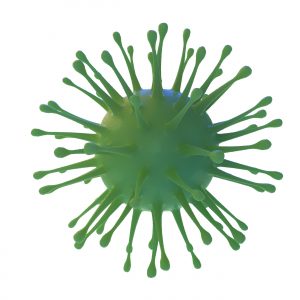
MPs join fight to stamp out COVID-19 disinformation that’s ‘spreading faster than the virus’ by LAURA RYCKEWAERT from April 8, 2020 was published in The Hill Times.
Laura Ryckewaert’s piece looks at what two Members of Parliament are doing to combat Covid-19 disinformation. They have joined an international initiative that aims to discredit or confirm online Covid-19 and related information. She sketches the types of disinformation out there: “false theories on prevention … to would-be home remedies, to conspiracy theories (including over how it started, or that the pandemic is exaggerated or entirely a hoax), to plain racism, to incorrect warnings over speculated government actions, shutdowns, or shortages.” She highlights the works and accessibility of Infotagion as well as discussing the role social media platforms are playing in these unprecedented times.
Link: https://www.hilltimes.com/2020/04/08/mps-join-fight-to-stamp-out-covid-19-disinformation-spreading-faster-than-the-virus/242558

As The U.S. Prepares For COVID-19 Disinformation Stokes Panic And Discord by Wayne Rash in Forbes from April 7, 2020
In his Forbes piece from April 7, 2020, Wayne Rash argues that Russian and Chinese actors are utilizing the COVID-19 pandemic to: “confuse people about the facts of the disease, to discredit official sources of information, and where possible to degrade confidence in the ability of western governments to deal with the resulting crisis.” He presents analysis of recent Covid-19 disinformation followed by tips on how to spot disinformation online. The piece is entitled As The U.S. Prepares For COVID-19 Disinformation Stokes Panic And Discord.
Link: https://www.forbes.com/sites/waynerash/2020/04/07/as-the-us-prepares-for-covid-19-disinformation-stokes-panic-and-discord/#8abc9471b919

YouTube profits from videos promoting unproven Covid-19 treatments by Kari Paul in the Guardian from April 3, 2020
Kari Paul’s piece examines a report by Tech Transparency Project, a not-for-profit watchdog organization that shows YouTube was profiting from several videos claiming to have information on cures for Covid-19. The videos featured paid advertisements for a variety of unassuming clients. The report exposes the thin and lucrative line between disinformation and legitimate content creation.
Link: https://www.theguardian.com/technology/2020/apr/03/youtube-coronavirus-treatments-profit-misinformation

Covid Sars Mers Virus 3D Illustration
This section features a growing list of Covid-19 Disinformation Tools that are available to everyone.
NewsGuard
“NewsGuard’s journalists rate the more than 4,000 websites responsible for approximately 95% of the news and information consumed and shared online in the US, France, Germany, Italy, and the UK. Their Coronavirus Misinformation Tracking Center lists dozens of websites that they have identified as publishing false information about the virus.” Link: https://www.newsguardtech.com/coronavirus-misinformation-tracking-center/The Newsguard browser extension was free until July 1, 2020: https://www.newsguardtech.com/free/
Factcheck.org has a special Corona virus page: https://www.factcheck.org/a-guide-to-our-coronavirus-coverage/. The latest articles about Covid-19 are fact-checked – and you might be surprised by the range of disinformation.
News Literacy Projet’s special Covid-19 website also features the option to subscribe to their weekly newsletter that lists the latest Covid-19 disinformation: https://newslit.org/coronavirus/
Agence France Presse has created a Coronavirus Verification Hub: https://factcheck.afp.com/afps-coronavirus-verification-hubTheir motto: BE AWARE. THINK BEFORE YOU SHARE.
Google Fact Check Explorer is a tool that will show you examples of fact-checked false stories by subject: https://toolbox.google.com/factcheck/explorer
First Draft News is an initiative that seeks “to empower societies with accurate information in critical moments.” A great place to start exploring this page is here: https://firstdraftnews.org/latest/the-6-types-of-coronavirus-misinformation-to-watch-out-for/
